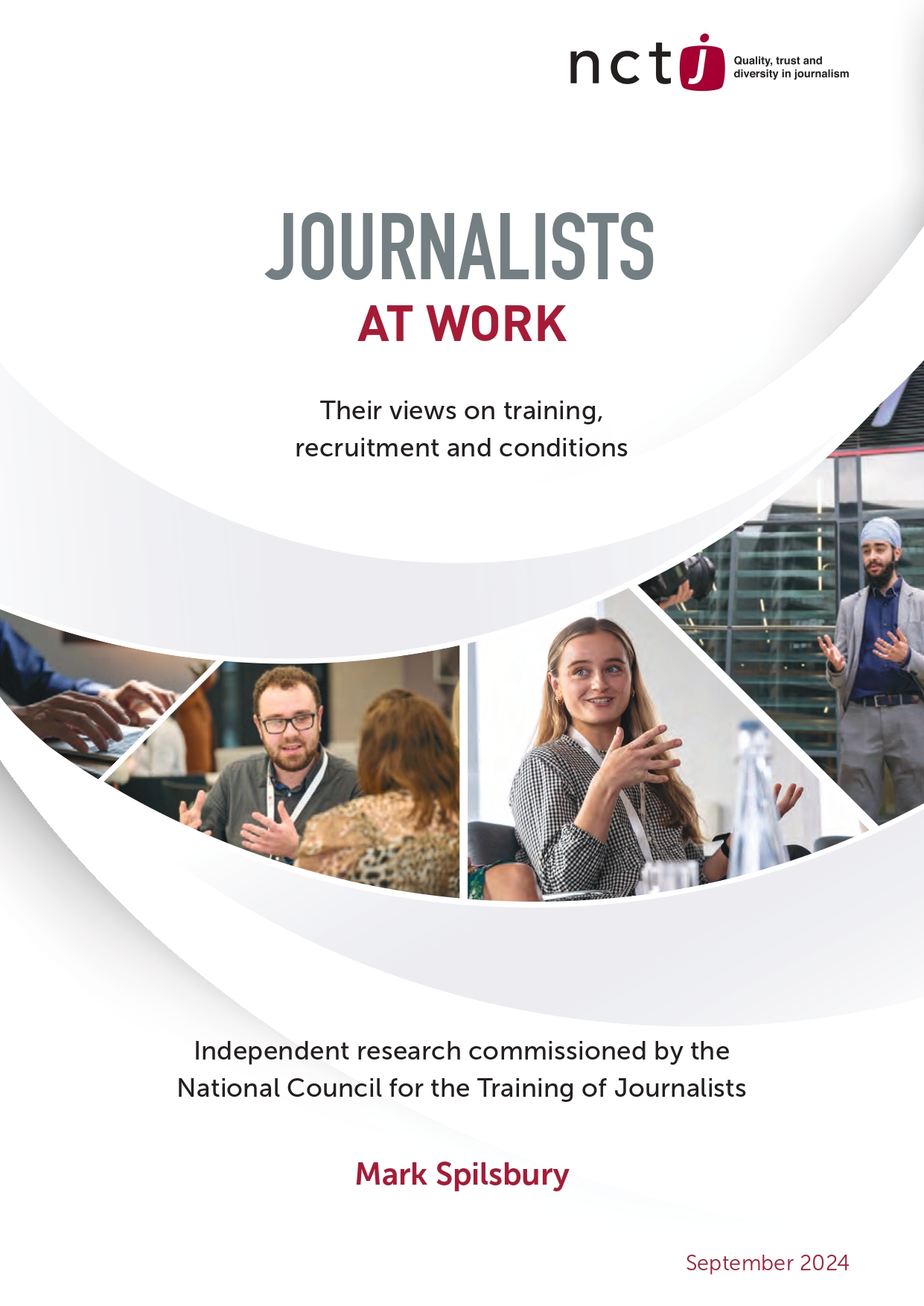
Journalists at Work 2024
This in-depth research, the first since 2018 and the fourth edition in the series, offers critical insights into the evolving nature of journalism in the UK.

The NCTJ is committed to an ongoing programme of research to provide the industry with up-to-date labour market information about journalism.

This in-depth research, the first since 2018 and the fourth edition in the series, offers critical insights into the evolving nature of journalism in the UK.

The Destinations of NCTJ Diploma in Journalism students report 2024, published by the NCTJ, examines the employment of learners 15 months after they completed an NCTJ-accredited course.
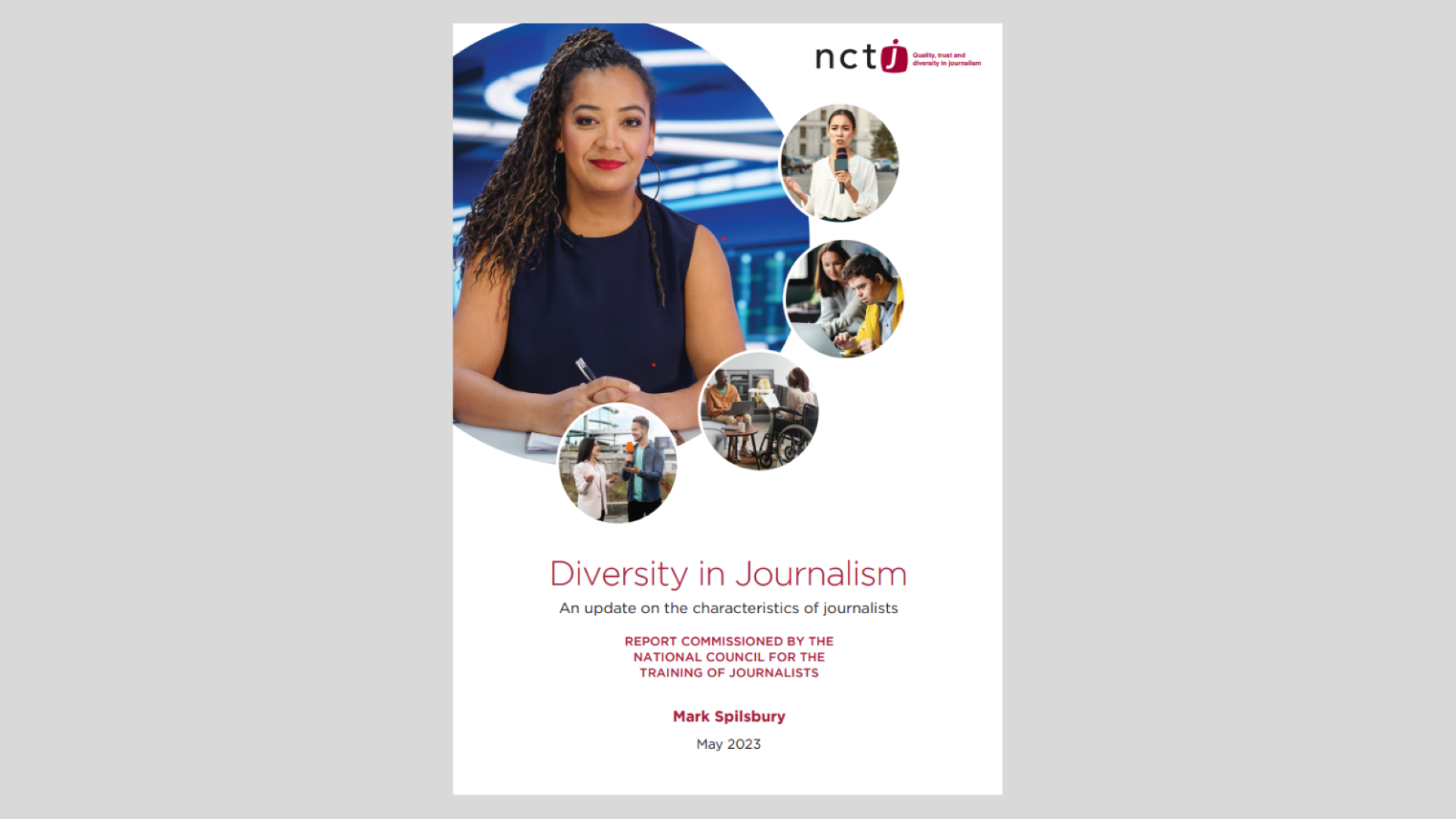
This research report updates the analysis of journalists’ diversity characteristics to 2022. It can be read in conjunction with the NCTJ’s Diversity in Journalism report, published in November 2017 and 2022, and Journalists at Work, published in October 2018.

We consulted with journalism and media employers in the UK to determine the relevance of shorthand in their businesses.
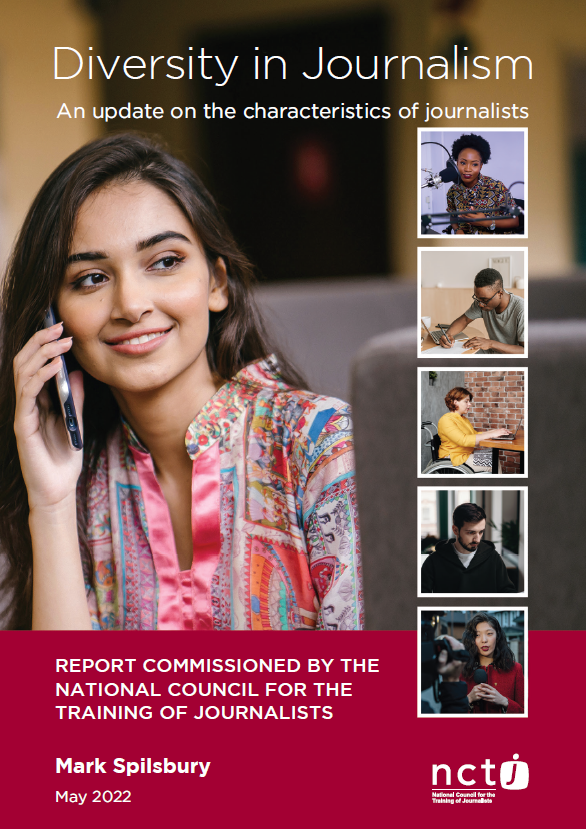
This research report updates the analysis of journalists’ diversity characteristics from 2020 to 2021. It can be read in conjunction with the NCTJ’s Diversity in Journalism report, published in November 2017, and Journalists at Work, published in October 2018.

This research report updates the analysis of journalists’ diversity characteristics from 2018 to 2021. It is based on 2020 Labour Force Survey (LFS) data. It can be read in conjunction with the NCTJ’s Diversity in Journalism report, published in November 2017, and Journalists at Work, published in October 2018.
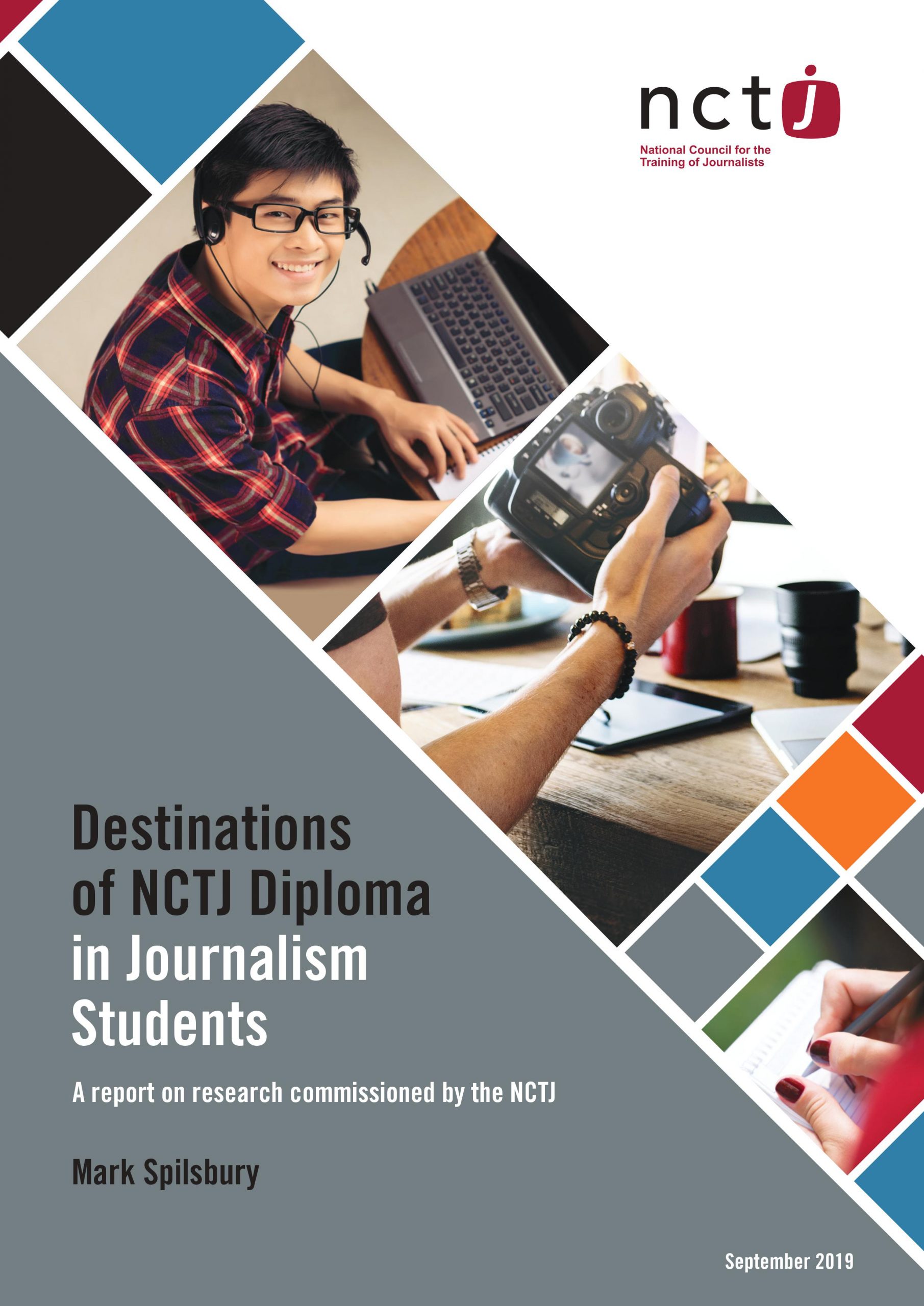
This independent research aims to assess the impact of investing in an NCTJ-accredited course and performing well in the diploma. It follows the first report, which was published in 2015.

We commissioned this research to provide new and consistent information across a range of industry sectors on the journalism professions. It is both an update of the organisation’s 2012 Journalists at Work publication, and an exploration of issues that have emerged since.
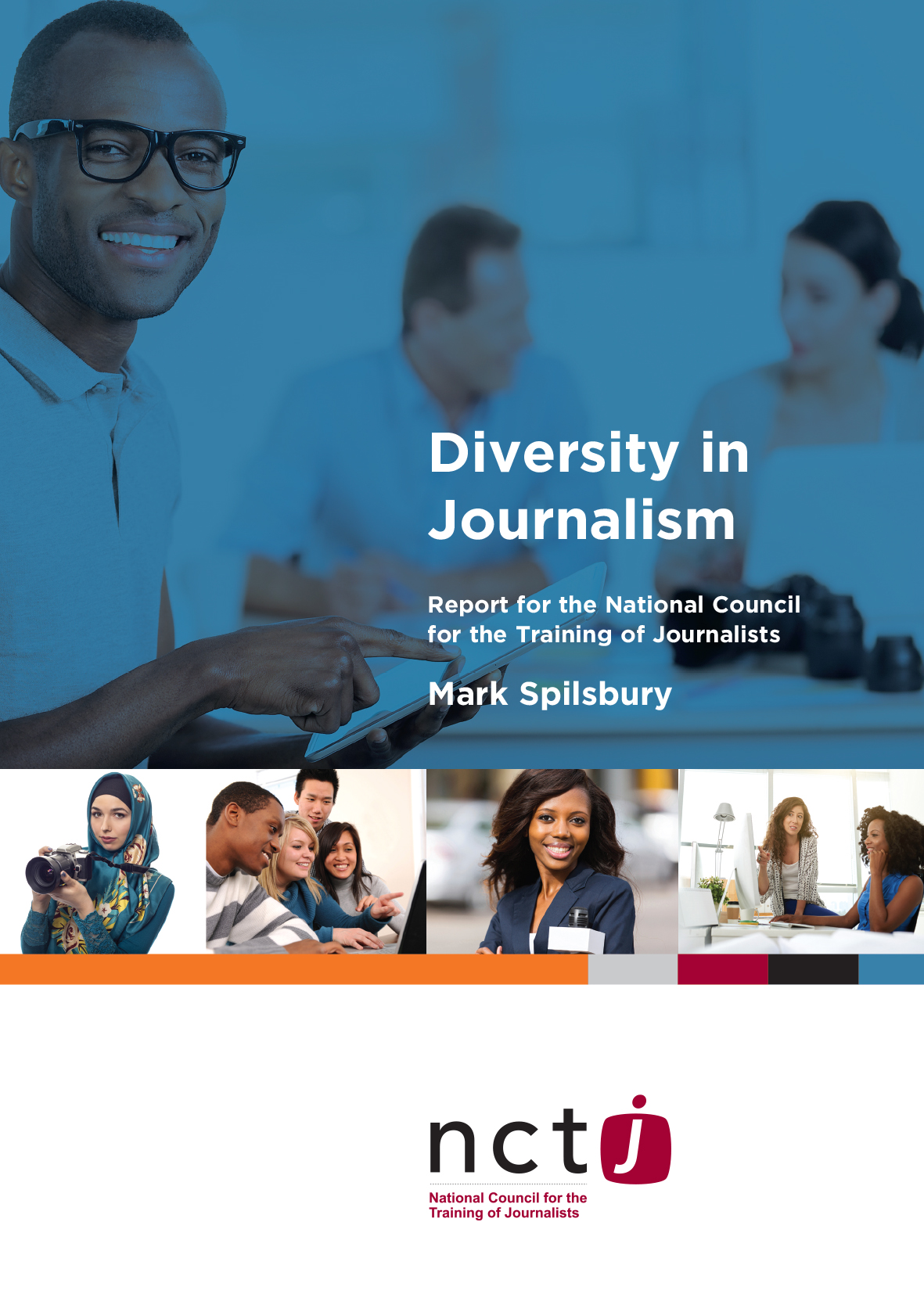
A lack of diversity within the British media continues to be a major concern in the industry and beyond. This research report examines in depth the reasons for the lack of diversity in the British media, and what can be done about it.
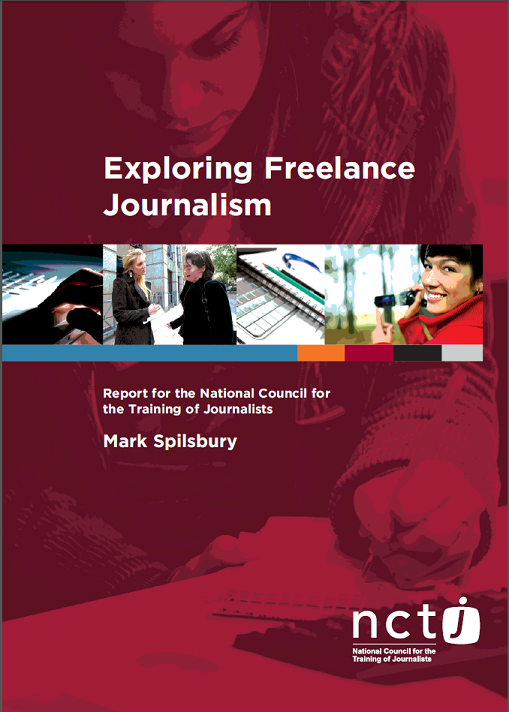
This 52-page report provides independent, comprehensive labour market information about the freelance journalism sector and includes the results of a survey of more than 600 freelance journalists.